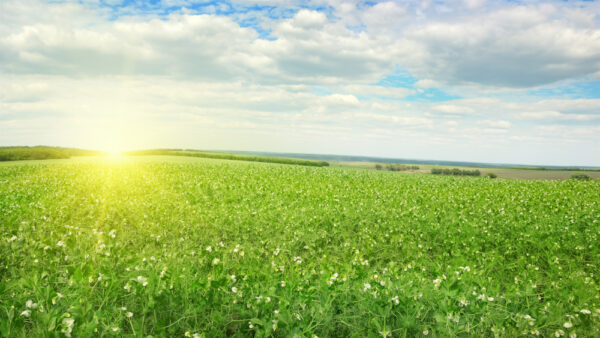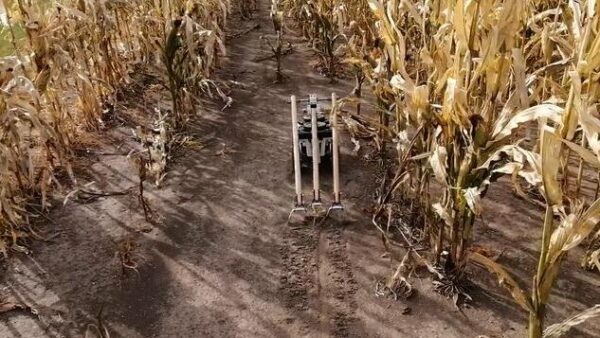The International Seed Federation (ISF) calls on national governments to adopt consistent, science-based policies on plant breeding innovation to help achieve adequate global food supply, better farmer income, improved nutrition of a growing population, and sustainable use of natural resources.
“The seed sector is one of the actors offering science-based solutions to address global challenges,” says Eduard Fitó, president of ISF. “Producing more food with less and in a sustainable way is the biggest concern in the world today. We must recognize the many contributions of sound science and innovation in order to enhance agricultural systems and move closer to our goal of food security, better nutrition for all, improving farmers’ livelihood, and adapting to climate change.”
“We are at the starting point of the food system,” says Michael Keller, secretary general of ISF. “Our industry is unique because of its primary role in crop production. Providing quality seed is the crucial first step towards solving many challenges on a global scale.”
The seed sector focuses on the three pillars of breeding, production and trading. Today, the sector invests 15% of its turnover in R&D each year to make quality seed of locally adapted and improved varieties accessible to farmers for crop production.
Science provides plant breeders the tools to unlock the great potential already present in the existing biodiversity, enabling them to develop varieties that are more resilient to climate change and allow farmers to achieve higher productivity. This is, however, not without challenges. A lack of consistent regulation regarding the latest plant breeding methods could mean missing out on this potential. If the regulatory environment does not favor public and private actors to utilize a range of tools for plant breeding, it could slow down the delivery of innovation to farmers over time.
“A global patchwork of regulation, which in some cases is not science-based, hinders innovation and our ability to contribute towards tackling the many challenges that we are all facing. In order to assist in mitigating the effects of climate change and meet food security demands, plant breeding innovation is essential,” explains Fitó.
“At international and national levels, there is a need to build understanding and trust in science. Clear, predictable, science-based and risk-based policies and regulations, as well as effective implementation, are essential in developing quality seeds that are accessible to all, otherwise farmers will not have access to a full range of choices and solutions to achieve a sustainable food production system,” says Keller.
The global seed sector is fully aligned with the Sustainable Development Goals (SDGs). Of the 17 SDGs adopted by the United Nations, the seed sector contributes to a majority, such as: no poverty; zero hunger; good health and well-being; decent work and economic growth; industry, innovation and infrastructure; responsible consumption and production; climate action; life on land; and partnerships for the goals.
Source: ISF













